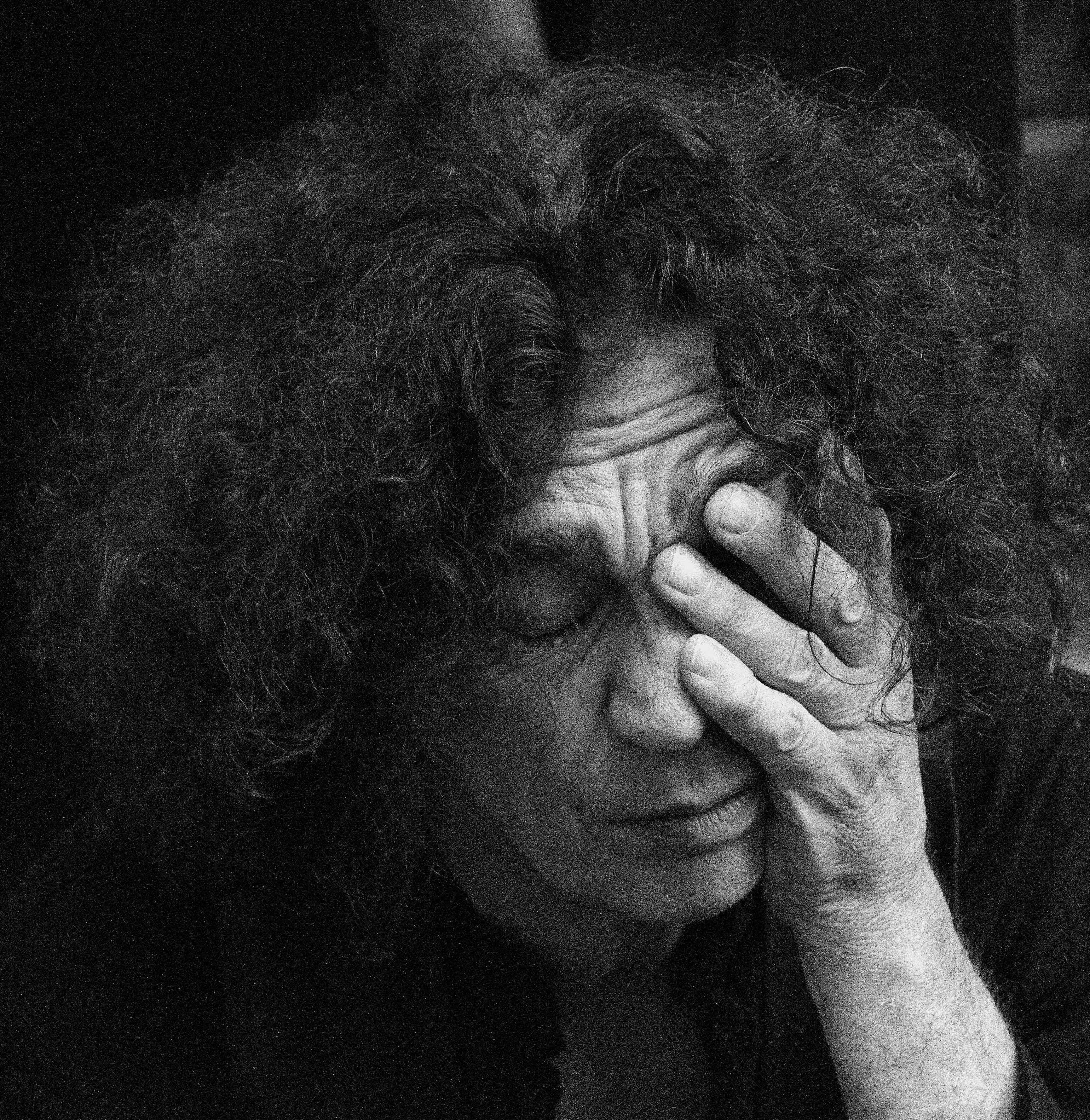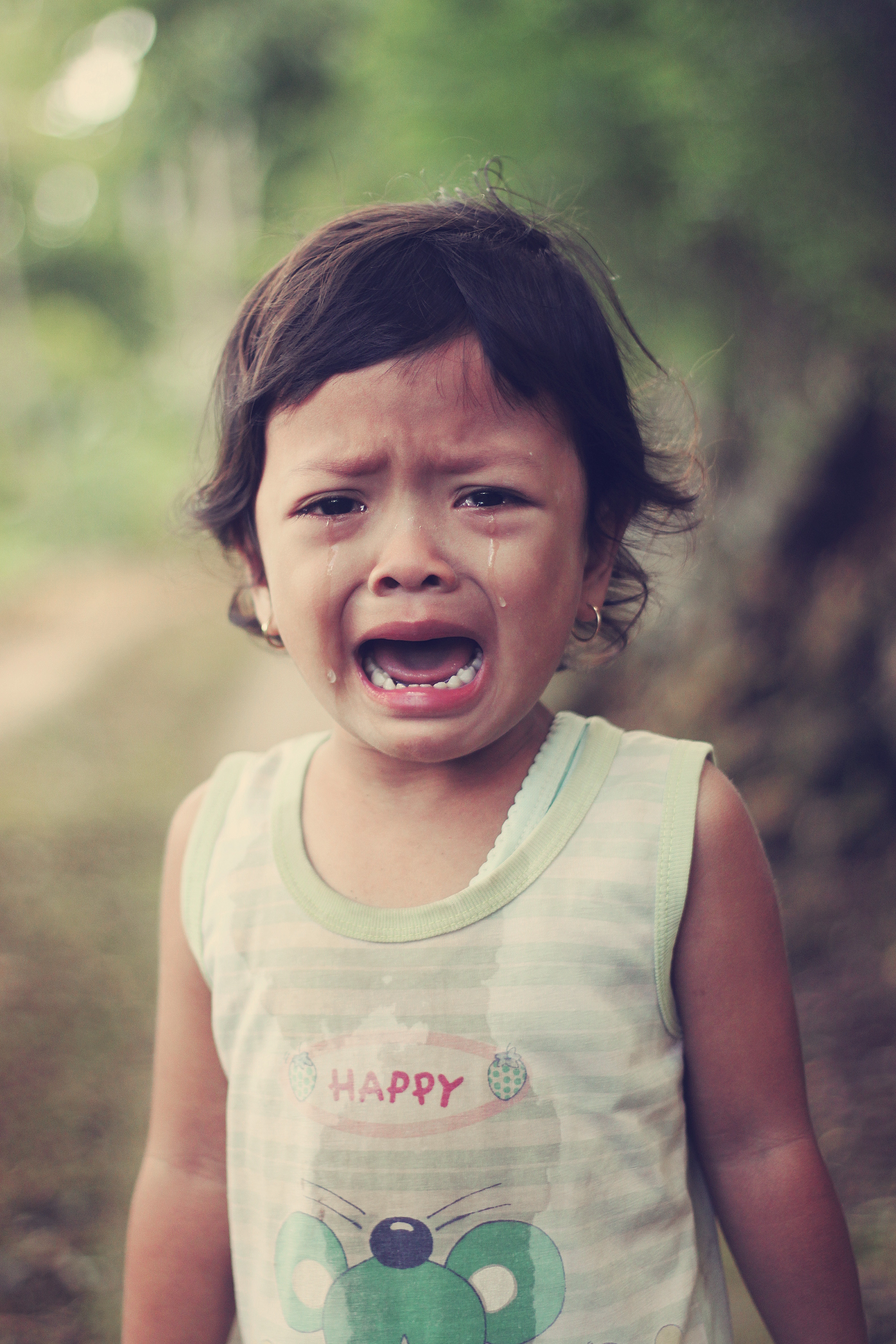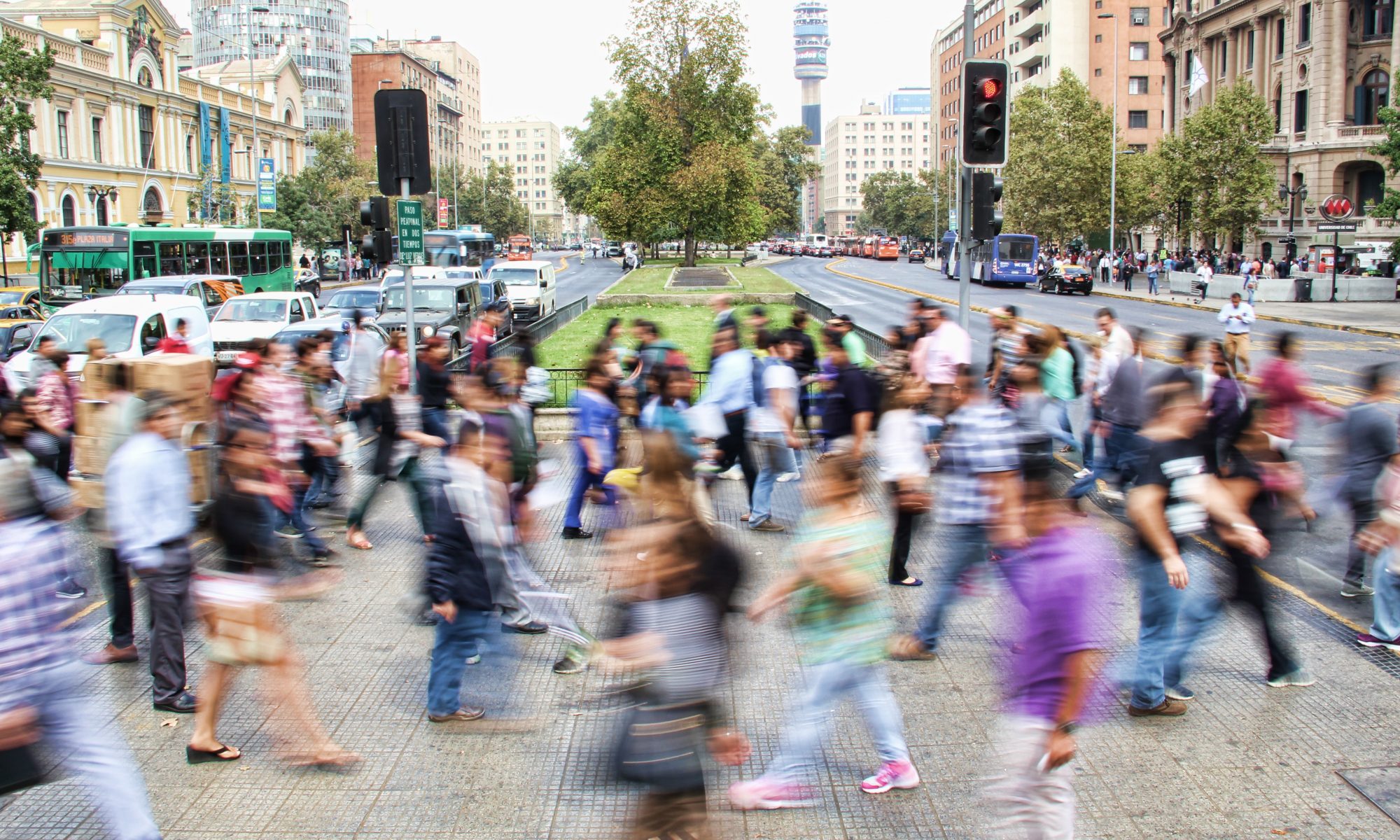so today I went for my usual walk at the great lines, a heritage site in my hood!. God lives there!, not kidding lol! I feel him…. As I tip-toed through the quiet, wet path in attempt to keep my trainers clean, Crawling from under a bush, a familiar, eloquent voice greeted
” Hello my sister” making my heart jump in surprise. It was my “homeless friend” I smiled and stopped walking as he picked a few more pieces of litter before pulling himself up to the path next to me. I was happy to see him. Only moments earlier I’d said a little prayer and promised God that if I ever saw him again, I would stop and talk to him…I didn’t expect it to be so soon. “Spooky!” I considered.
Tom is a tall, healthy weighted, ok looking fella. He may not be ‘Brad Pitt’, but he certainly isn’t aesthetically challenged. He is well spoken like a learned individual or someone from a well-off family which contradicts his look. I have seen Tom twice before and both times he had smiled and said hello ‘my sister’.First time I answered uncomfortably, avoiding eye contact…He was dirty, homeless and carrying bags of litter, mental health is on the increase especially in these unprecedented times.…I reason. However, his regard seemed to bother me. It was kind and hopeful and did not match his dirty clothes and Sainsbury trolley pushed in front of him.
Second time I met Tom, I had noticed him from a distance and wished I could diverge to avoid him. I hoped he wouldn’t recognise me…..
“ Hello my sister” he had greeted from a distance. I had braved it and pretended to be comfortable. Conversing about the weather, I had increased pace to lengthen the distance between us. Multiple thoughts had crossed my mind. I wondered who he was, why he was on the streets yet so eloquent and kind when he spoke. For the next few days I pondered on this stranger….but left with no sure answers, just speculation. May be Covid ‘the unprecedented times’ we are all talking about got him off work, may be mental illness, may be may , may be….
Today was different. I had made a vow to God…. I needed to commit…. Yet….. small, embarrassing thoughts kept crossing my mind…. ‘If only I’d gone south instead of North…., if I hadn’t talked to him the first time I wouldn’t have to deal with this ……
I silenced them swiftly. They were against my newly adopted mantra…. ‘judging people not on their looks but their destiny’.
“How are you doing ?” Tom queried excitedly. I returned the same enthusiasm.
“Im great!”. For a moment I did feel great for having braved it and listened to the small voice within.
“Try and stay dry”, I joked as he wiped rain drops from his face. I considered inviting him under my umbrella (the Jesus side of me) but the other not-so-jesus-like side was embarrassed to be seeing cosy under an umbrella with a homeless man.
“what would people think …?”
‘Corona’ is a very good excuse even for Jesus people, I reassured myself as I watched more of the now continuous drizzle wash his face shiny.
“sorry,I can’t share my shelter”, I muttered hypocritically.
Tom must have read my mind probably betrayed by my long regard at his bags of litter resting on the path. This was my chance to find out all about him, I concluded.
He did not seem to be in a hurry or bothered by the rain. I mirrored his determination. After a few phrases were exchanged to remove any awkwardness, I went for it.
“So where do you take these” I queried with interest pointing to his now full trolley?.Playing a responsible citizen for a moment, gathered all my knowledge about social problems and their solutions; salvation army church came first, I worked with them last Christmas. They feed the homeless, Shelter, they house the homeless, job centre, second chance charity,…. I was well armed.
“Oh I put them in designated bins”, he replied with pride.
“I volunteer to keep the lines clean, you see” he added. For the next five minutes he explained his dream to see the heritage site clean and see people enjoy and take responsibility……. My countenance must have changed a few times as I got discipled into caring for my environment.
Ashamed on the inside, I apologised on behalf of humanity for being so careless and promised to play my part to ensure the great lines was clean. I haven’t got a ‘Tesco trolley’ yet, but I started picking a litter or two along the way as I walk the lines.
But my main lesson was not to pass judgement based on external observation good or bad. It is very limited. Potential and destiny are probably better measures.
You live and learn.
JD






